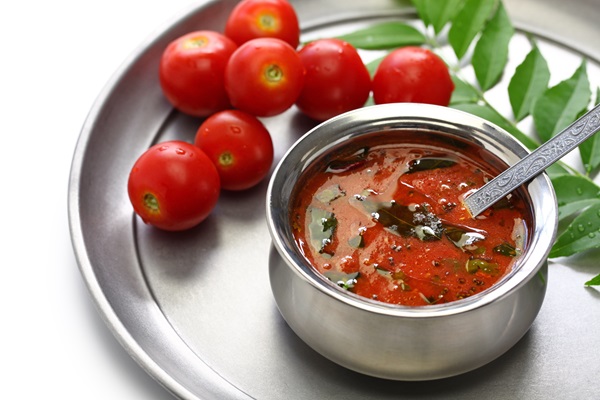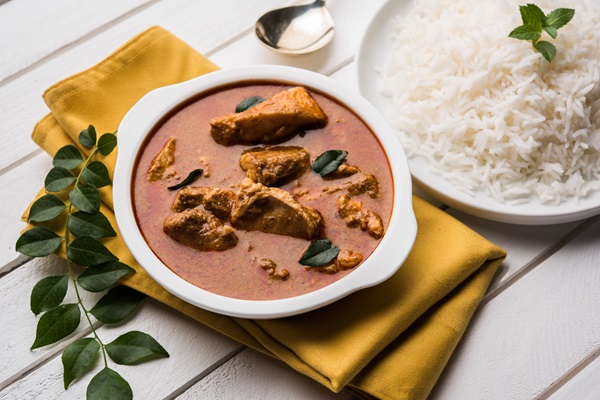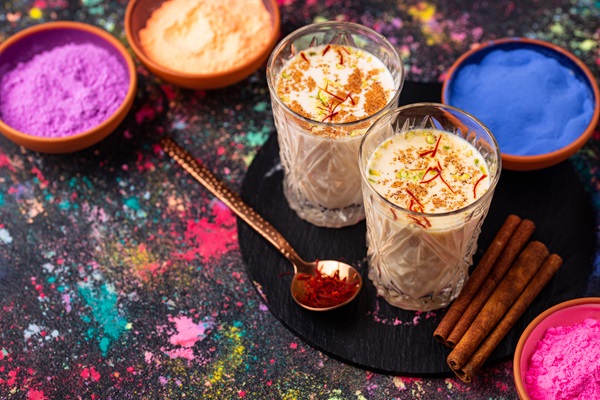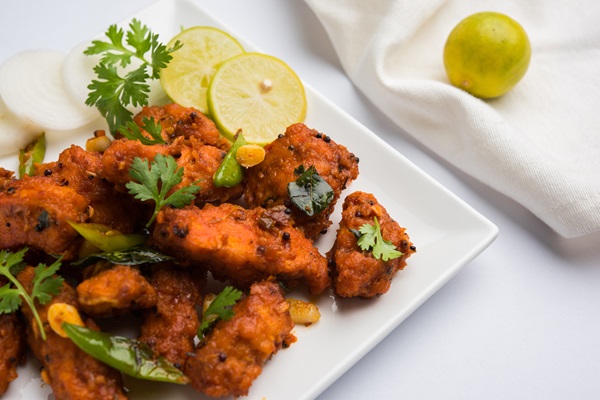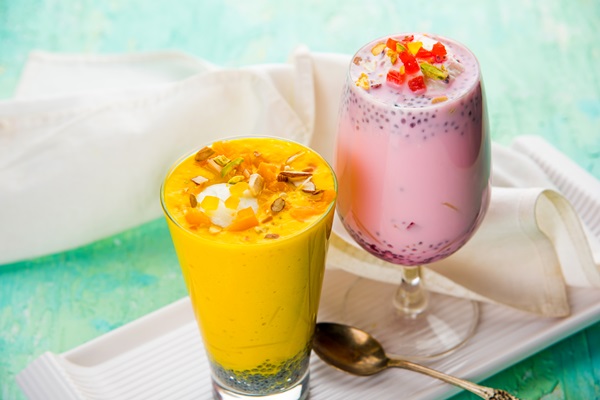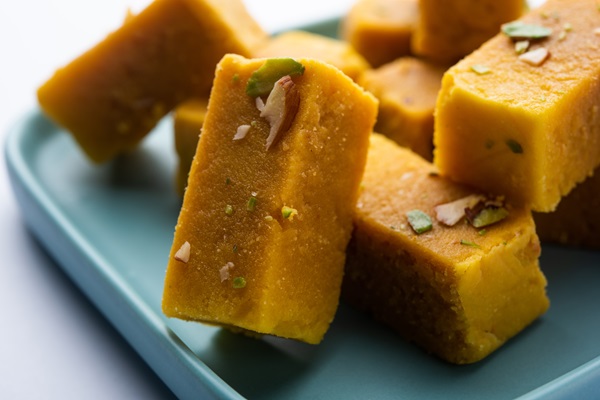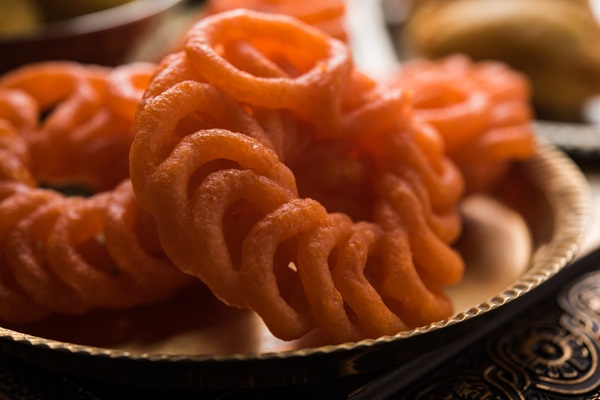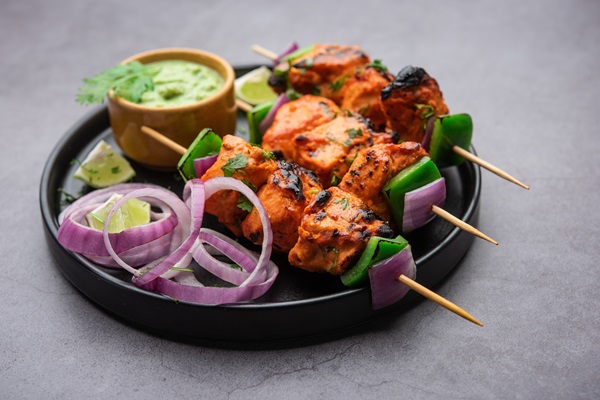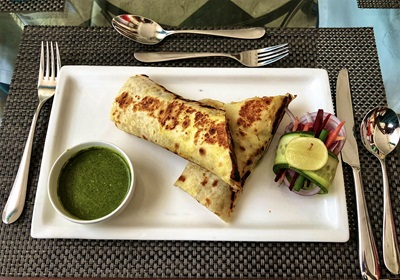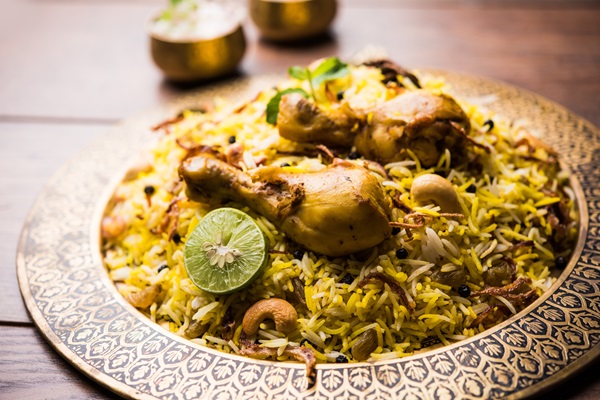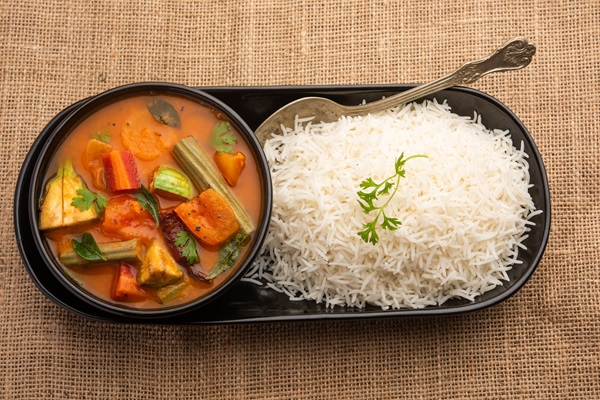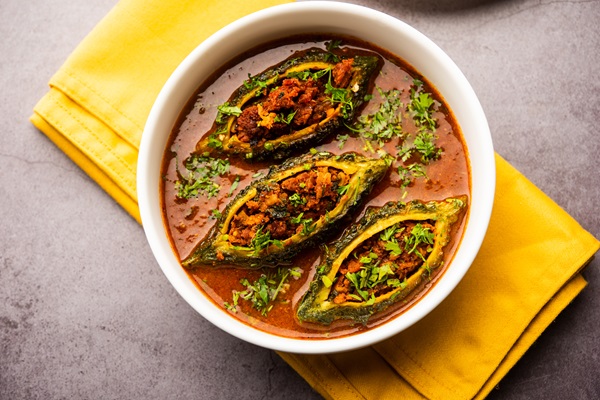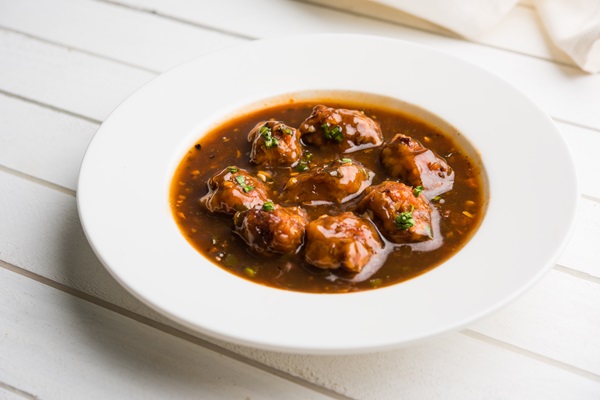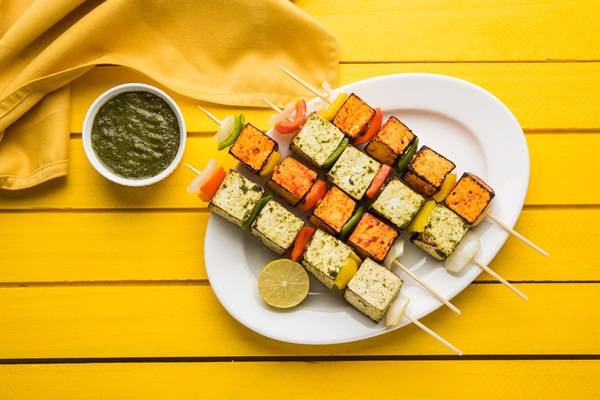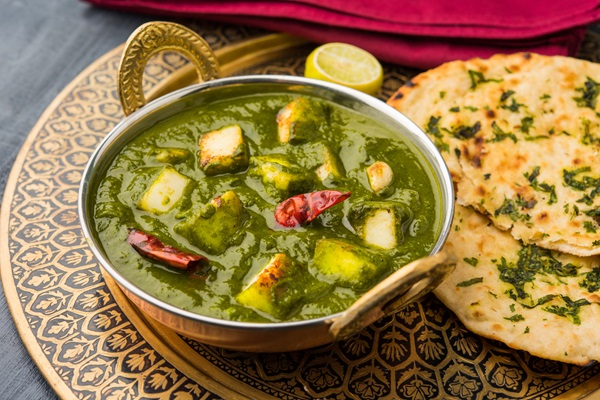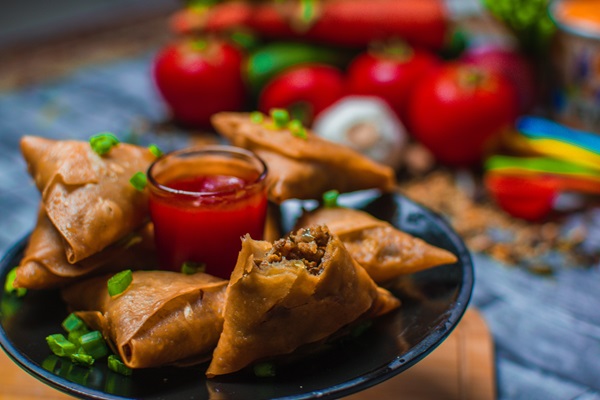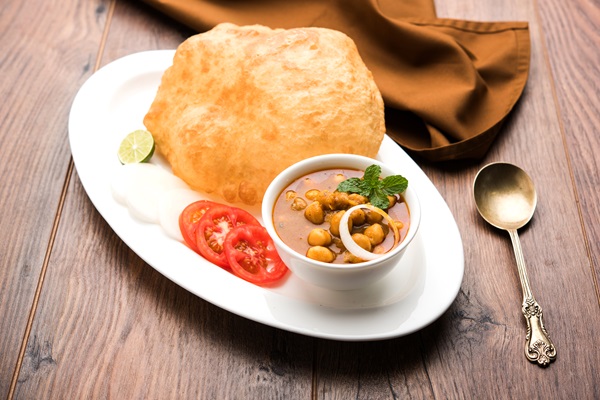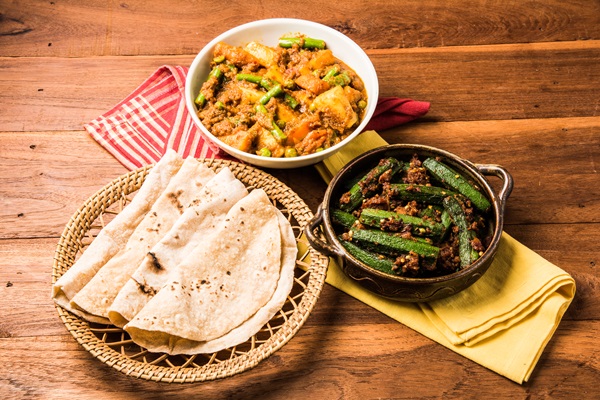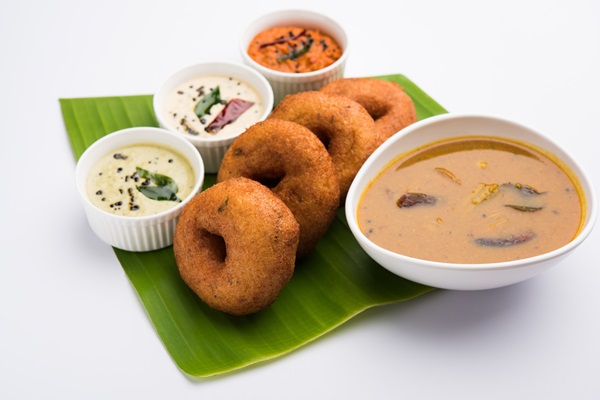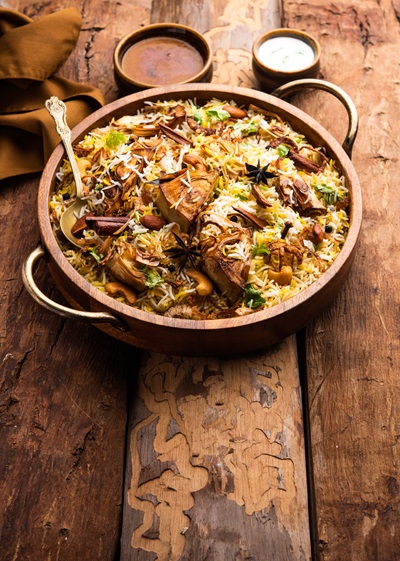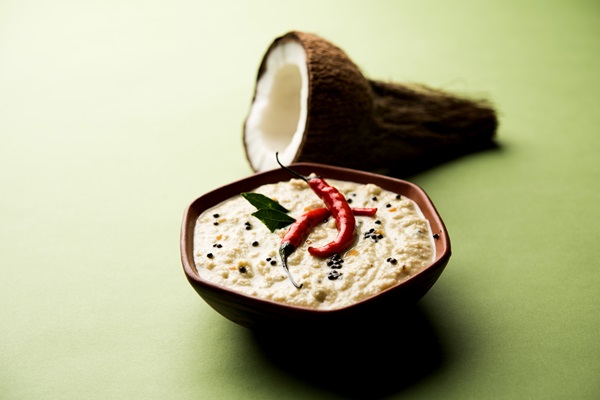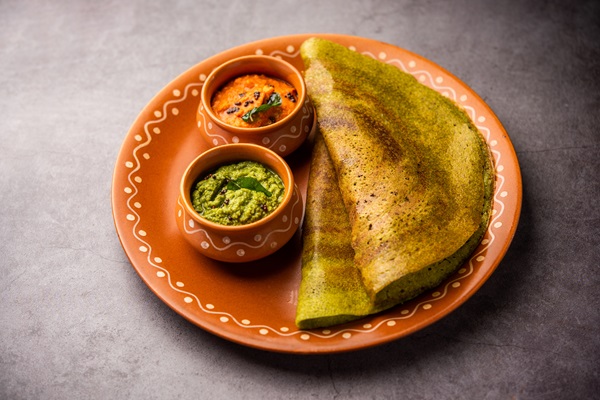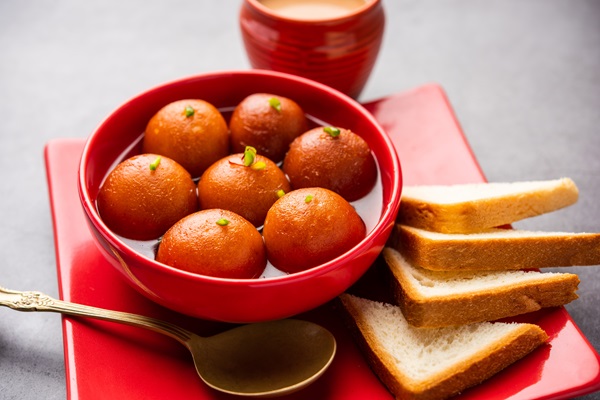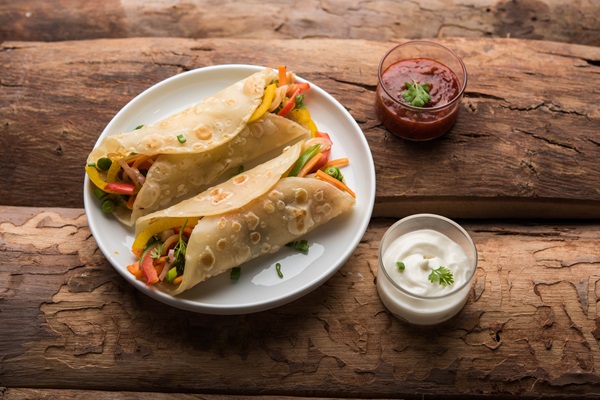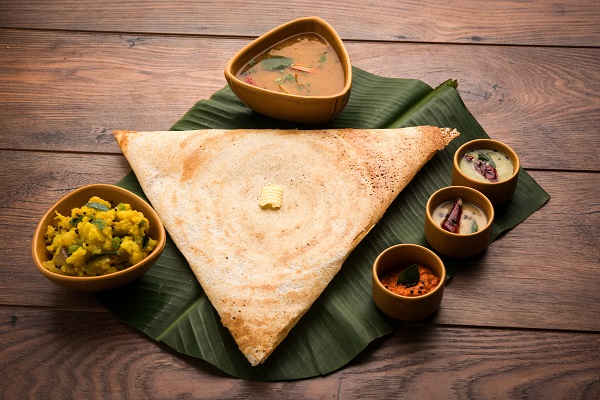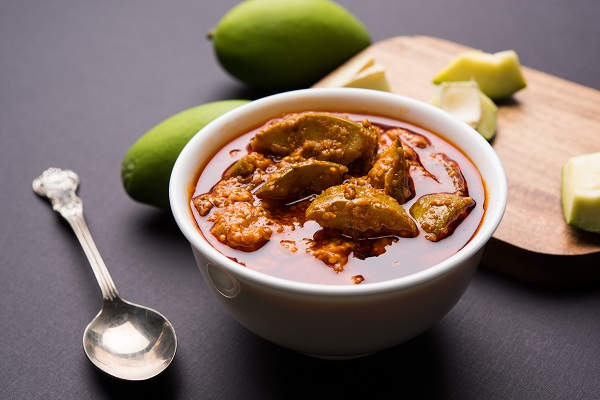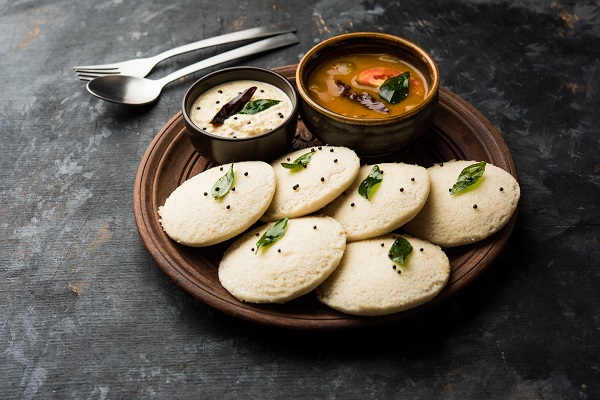South Indian Filter Coffee – Kaapi
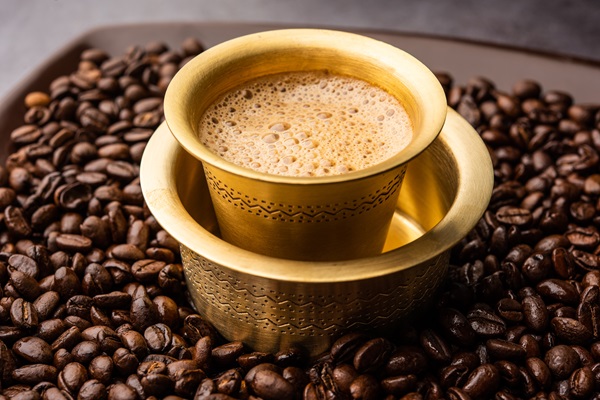
South Indian Filter Coffee, commonly known as “kaapi,” is not just a beverage; it’s a cultural phenomenon deeply woven into the fabric of South Indian traditions. Renowned for its strong, aromatic brew and unique preparation method, this coffee has transcended its regional roots to become a cherished and iconic part of India’s coffee culture. Let’s delve into the history, variations, and cultural significance of South Indian Filter Coffee.
Historical Roots: The origins of South Indian Filter Coffee can be traced back to the colonial era when coffee plantations flourished in the hills of Karnataka, Kerala, and Tamil Nadu. Introduced by Baba Budan, a Sufi saint, in the 17th century, coffee found a favorable climate in the Western Ghats. Over time, coffee estates emerged, and the demand for a distinctive South Indian coffee culture grew.
The traditional preparation of filter coffee as we know it today is attributed to the Indian Coffee Houses, which gained prominence in the mid-20th century. These establishments, inspired by the European coffeehouse culture, played a pivotal role in popularizing the ritualistic process of brewing South Indian Filter Coffee.
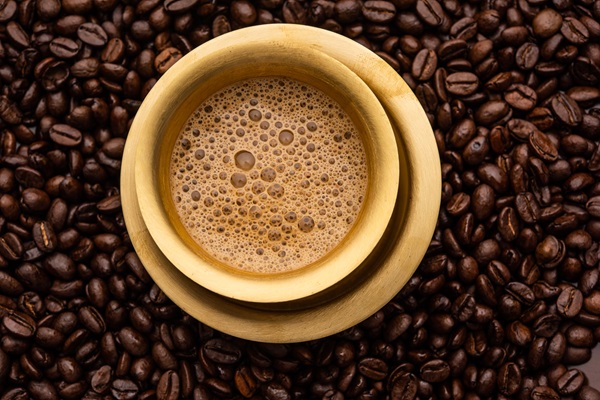
The Art of Brewing: What sets South Indian Filter Coffee apart is its preparation method. The key apparatus is the “filter,” a two-chambered stainless steel or brass contraption. The upper chamber holds the coffee grounds, typically a blend of Arabica and Robusta beans, while the lower chamber collects the decoction.
The decoction is prepared by pouring hot water over the coffee grounds and allowing it to drip slowly into the lower chamber. This process, known as “percolation,” extracts the essence of the coffee, resulting in a strong and concentrated brew. The decoction is then mixed with hot, frothy milk and sugar to create the final cup of aromatic goodness.
Variations of South Indian Filter Coffee:
- Degree Coffee:
- Known for its intense strength, Degree Coffee refers to a brew with a higher concentration of decoction, making it a favorite among those who prefer their coffee bold and robust.
- Kaapi Kudiththa Kombu:
- Translating to “coffee with froth,” this variation emphasizes the importance of a thick layer of froth on top of the coffee, achieved through the traditional pouring technique that creates a rich and velvety texture.
- Filter Kaapi with Chicory:
- Chicory, derived from the root of the endive plant, is often blended with coffee grounds to impart a bittersweet note. This variation is favored for its distinctive flavor profile.
- Black Coffee:
- For those who appreciate the pure essence of coffee without milk, Black Coffee made from the filter is a straightforward and strong option.
- Decaffeinated Filter Coffee:
- Catering to those looking for a milder option, decaffeinated coffee beans are used in this variation, ensuring a less intense caffeine experience.
Cultural Significance: South Indian Filter Coffee is not just a beverage; it’s a cultural ritual that transcends generations. The act of preparing and serving filter coffee is a gesture of hospitality and warmth in South Indian households. It is an integral part of daily life, enjoyed during breakfast, as an afternoon pick-me-up, and as a shared moment of connection.
The traditional “dabarah” and “tumbler” set, often made of stainless steel or brass, are iconic symbols associated with South Indian Filter Coffee. The rhythmic pouring of coffee from one container to another, known as “meter coffee” due to the height of the pour, is a skilled technique that adds to the overall experience.
South Indian Filter Coffee Beyond Borders: While deeply rooted in South Indian culture, Filter Coffee has gained popularity across India and even internationally. Coffee houses, both traditional and modern, feature South Indian Filter Coffee on their menus, introducing a broader audience to its unique preparation and rich flavor. The global coffee community has embraced the distinctiveness of South Indian Filter Coffee, appreciating its boldness and authenticity.
Challenges and Innovations: Brewing the perfect cup of South Indian Filter Coffee requires a delicate balance of factors—the right blend of coffee beans, the optimal grind size, the percolation time, and the art of pouring. Achieving the perfect balance is a skill passed down through generations, and each family may have its secret method for creating the ideal cup.
Innovations in packaging and preparation methods have also emerged. Instant coffee powders that mimic the flavor of South Indian Filter Coffee offer convenience without compromising on taste. Additionally, modern coffee makers with built-in filters have made it easier for enthusiasts to recreate the authentic experience at home.
The Global Palate of South Indian Filter Coffee: South Indian Filter Coffee has become a global ambassador for Indian coffee culture. Its strong, distinct flavor has garnered a dedicated fan base worldwide. From artisanal coffee shops to international coffee festivals, South Indian Filter Coffee holds its own among the diverse array of global coffee offerings.
South Indian Filter Coffee is more than a beverage; it’s a sensory journey that encompasses tradition, flavor, and connection. As the aromatic brew continues to permeate households, cafes, and the global coffee scene, it remains a symbol of South India’s rich coffee heritage. Each cup is a testament to the artistry and ritual that make South Indian Filter Coffee not just a drink but a cultural experience, inviting coffee lovers to savor the essence of tradition in every sip.


